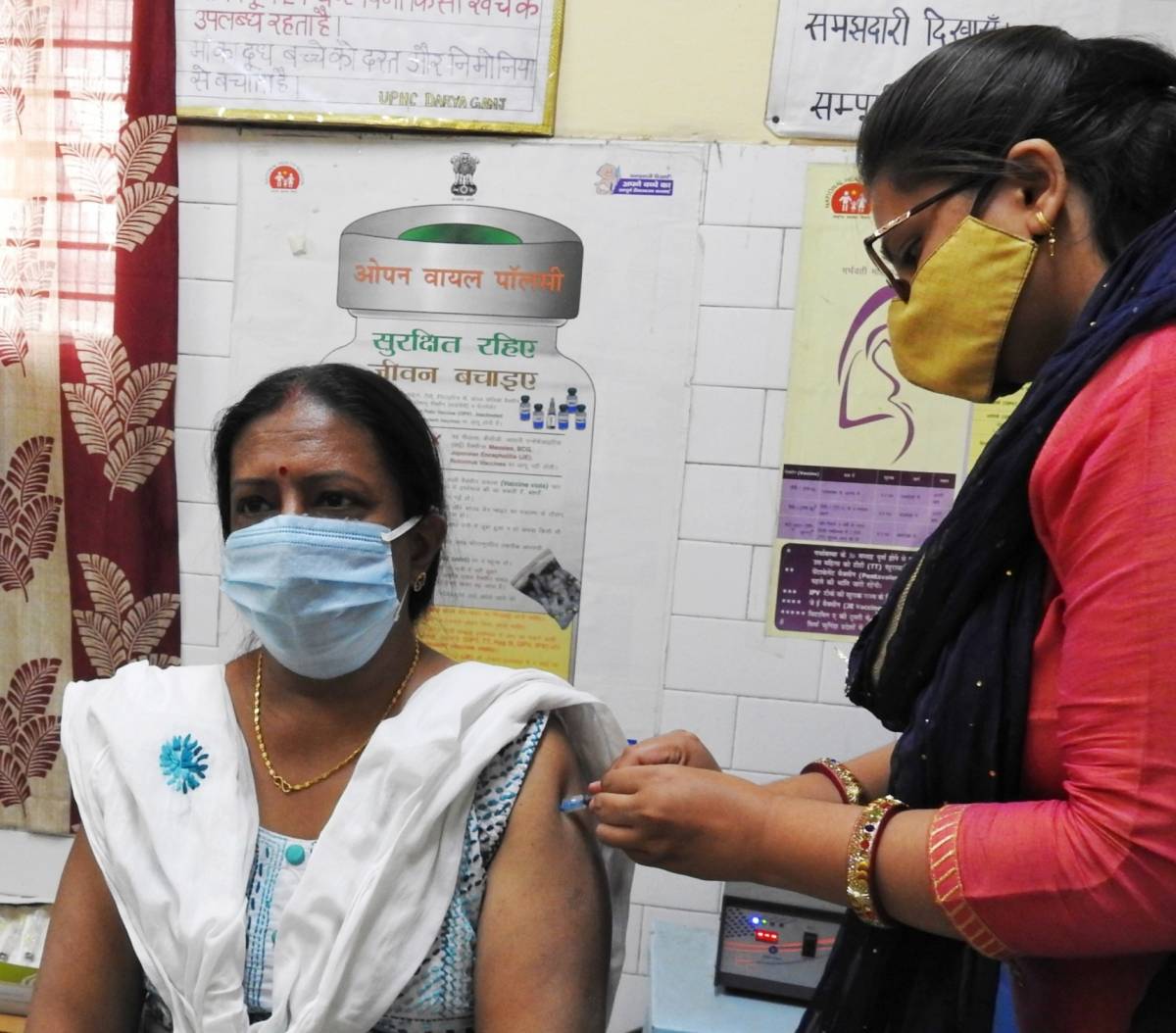Vitamin D is a multitasking nutrient that helps to activate immune cells and regulate their function…reports Asian Lite News
Start your new year on a strong note by making a new year resolution to attain better immune health. Good nutrition is critical to support a healthy immune system. There is a strong relationship between poor nutritional status and compromised immunity. By boosting your immunity, you can benefit from better health. Whether you’re an adult aiming for optimal health or a parent looking to fortify your child’s immunity, incorporating essential nutrients into your daily diet is key.
To help you attain better immune health, Dr. Ganesh Kadhe, Director, of Medical and Scientific Affairs, Abbott’s Nutrition Business shares important nutrients and their sources that can keep you strong:
Proteins: They serve as the fundamental building blocks for every cell in the body, contributing to the development of vital components such as muscles, bones, hormones, and antibodies. It plays a crucial role in fortifying the immune system by supporting the production of antibodies and providing essential amino acids as fuel for immune cells. Eggs stand out as an excellent protein source. Yet, a diverse range of foods, including chickpeas, cottage cheese, quinoa, Greek yoghurt, peanuts, and almonds, also function as significant contributors to protein intake.
Vitamin A: It helps regulate the immune system. Known as the “anti-infective vitamin, this nutrient keeps your skin, mouth, stomach, and lungs healthy so that they can fight infection. It’s also key for sharp vision. Consume it with some fat for better absorption. Sweet potato, pumpkin, carrots, and spinach are loaded with Vitamin A.
Vitamin C: It helps the body build healthy skin and connective tissue, which blocks the entry of foreign microbes. Vitamin C also acts as an antioxidant protecting cells from damage. It also helps protect against anemia by helping us absorb more iron from plant foods. Oranges are best known as sources of Vitamin C. However, some foods power-packed with Vitamin C are kiwis, strawberries, broccoli, tomatoes, cauliflower, and red peppers.
Vitamin E: It works as an antioxidant, protecting cell membranes from damage due to free radicals. Healthy cell membranes help keep foreign microbes out and support a healthy immune response. Vitamin E is a common nutrient found in most foods. Cooking oils, seeds, and nuts are exceptionally rich sources.
Vitamin D: It is a multitasking nutrient that helps to activate immune cells and regulate their function. Vitamin D helps our bodies absorb calcium and promotes a strong immune system. Few foods are naturally rich in vitamin D3, such as the flesh of fatty fish and fish liver oils, egg yolks, orange juice and cheese.
Zinc: It is needed for cellular reproduction, which is important in the synthesis of new immune system cells. Zinc is critical for proper growth and development, especially during childhood and adolescence. Meat, especially red meat is an excellent source of zinc for those who prefer non-vegetarian food. For vegetarians, food like chickpeas, lentils and beans contain a substantial quantity of zinc. Seeds could also be a healthy addition to your diet.
Child Nutrition for Strong Immunity
Protein-Packed Meals: Children, in their developmental years, benefit from protein-rich foods for growth and a resilient immune system. Include sources like lean meats, dairy products, eggs, legumes, and nuts in their diet
Colourful Fruits and Vegetables: Introduce a variety of fruits and vegetables to provide essential vitamins and minerals. Brightly coloured produce such as berries, carrots, and leafy greens are not only visually appealing but also rich in nutrients
Calcium and Vitamin D for Growth: For better bone health and overall growth ensure sufficient intake of calcium and Vitamin D. Include dairy products, fortified cereals, and kid-friendly Vitamin D-rich foods
Fiber for Gut Health: Ensure a balanced diet with fiber-rich foods like whole grains, fruits, and vegetables. A healthy gut contributes to a robust immune system.
ALSO READ-Tokri Restaurant in London: Traditional Indian Recipes, Modern Rendition by Ram Kishor


